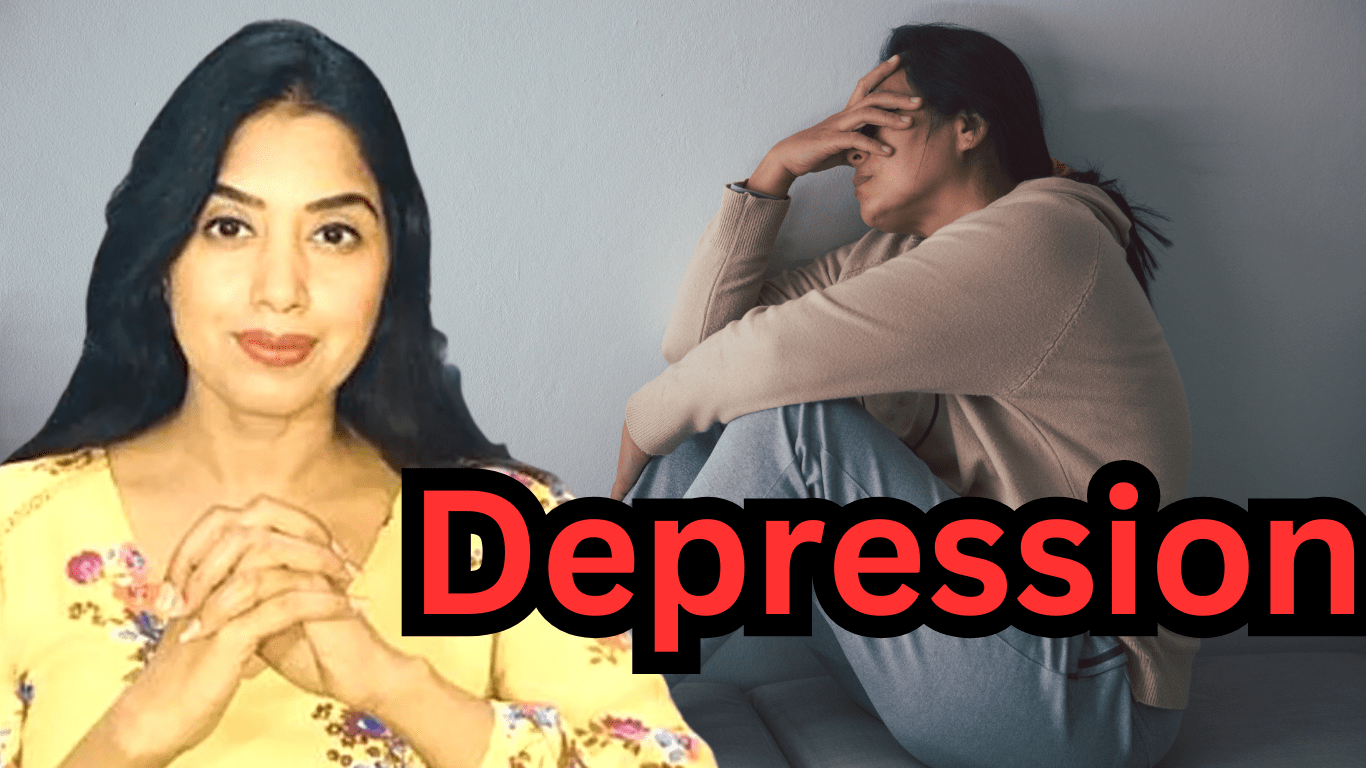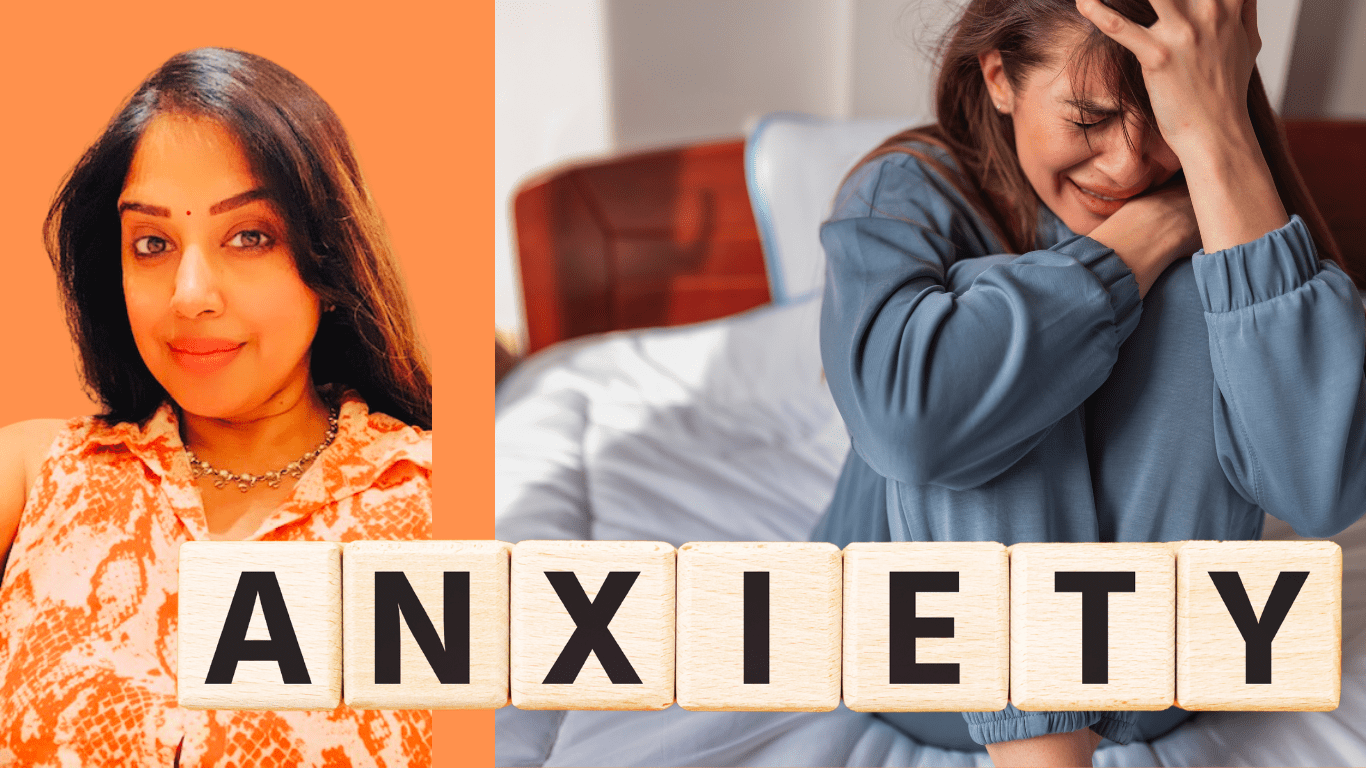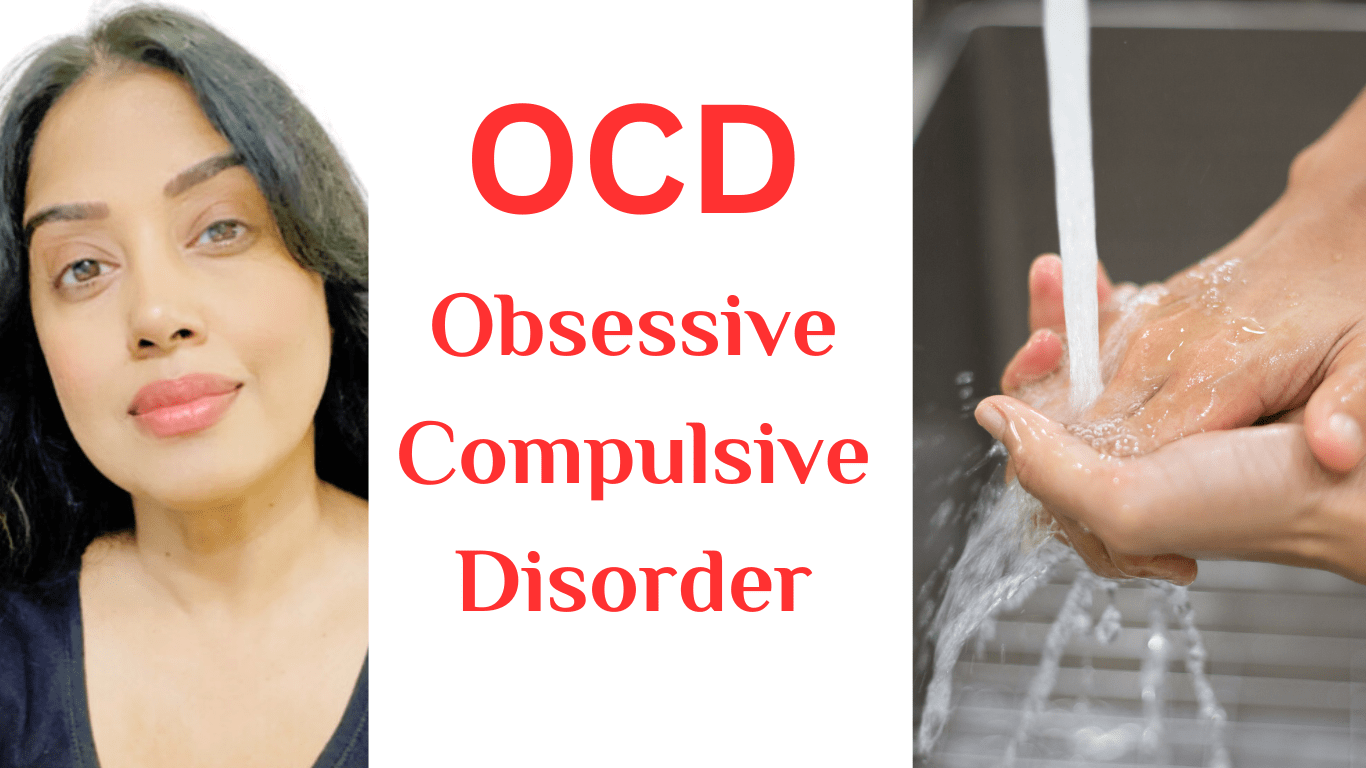Depression

Depression, also known as major depressive disorder (MDD) or clinical depression, is a common and serious mental health condition characterized by persistent feelings of sadness, hopelessness, and a loss of interest or pleasure in activities once enjoyed. Depression can affect a person’s thoughts, emotions, behavior, and physical well-being, leading to a wide range of symptoms. Some of the key features of depression include:
- Persistent Sadness: A pervasive and enduring feeling of sadness, emptiness, or low mood that lasts for most of the day, nearly every day, for at least two weeks or longer.
- Loss of Interest or Pleasure: A marked decrease in interest or pleasure in previously enjoyed activities, including hobbies, social interactions, and work.
- Fatigue and Lack of Energy: Individuals with depression often report feeling tired, sluggish, and lacking in energy, even after a full night’s sleep.
- Changes in Appetite or Weight: Significant changes in appetite, leading to weight gain or loss. This can result in either overeating or loss of interest in food.
- Sleep Disturbances: Sleep problems, such as insomnia (difficulty falling asleep or staying asleep) or hypersomnia (excessive sleeping), are common in depression.
- Feelings of Worthlessness or Guilt: Frequent feelings of worthlessness, self-blame, or excessive guilt over past events, even if they are not directly responsible for those events.
- Difficulty Concentrating: Trouble concentrating, making decisions, or focusing on tasks is a common cognitive symptom of depression.
- Physical Symptoms: Depression can manifest as physical symptoms, such as headaches, stomachaches, and other unexplained aches and pains.
- Suicidal Thoughts: In severe cases, depression can lead to thoughts of death or suicide. If you or someone you know is experiencing thoughts of self-harm or suicide, it is crucial to seek immediate help from a mental health professional or a crisis hotline.
Depression is a complex condition with various causes, including genetic, biological, environmental, and psychological factors. It can affect individuals of all ages, genders, and backgrounds. Effective treatments for depression are available, including psychotherapy (such as cognitive-behavioral therapy) lifestyle changes (such as regular exercise and a balanced diet), and support from loved ones.
Early intervention and treatment are essential for managing depression and improving a person’s quality of life. If you or someone you know is struggling with depression, it is important to reach out to a mental health professional for evaluation and guidance. Depression is a treatable condition, and many people experience significant improvement in their symptoms with the right support and treatment.




Wow, incredible weblog structure! How long have you
been running a blog for? you make blogging look easy. The overall glance of your web site
is excellent, as well as the content material! You can see similar: sklep internetowy and here dobry sklep
Thanks